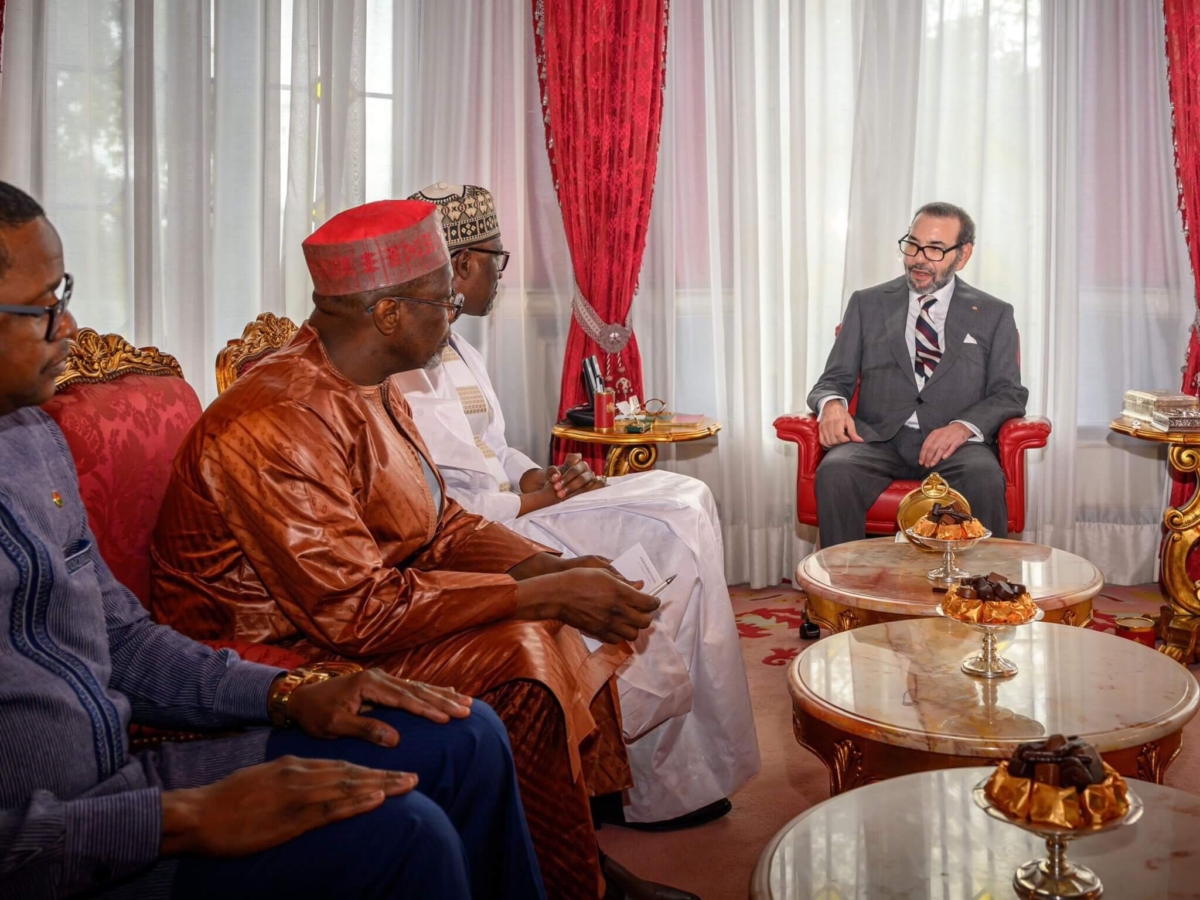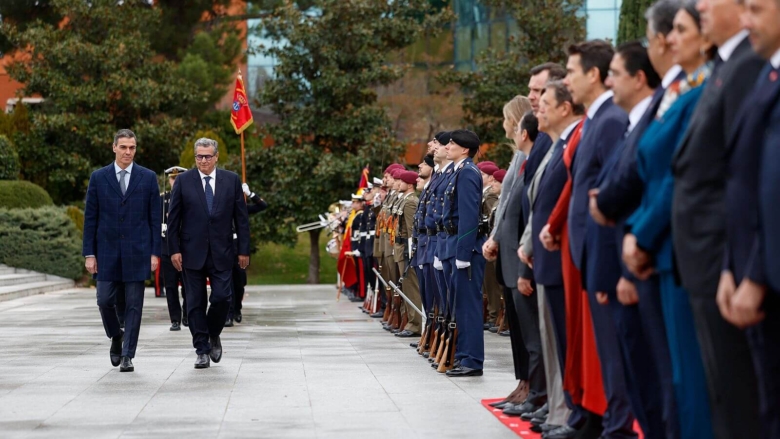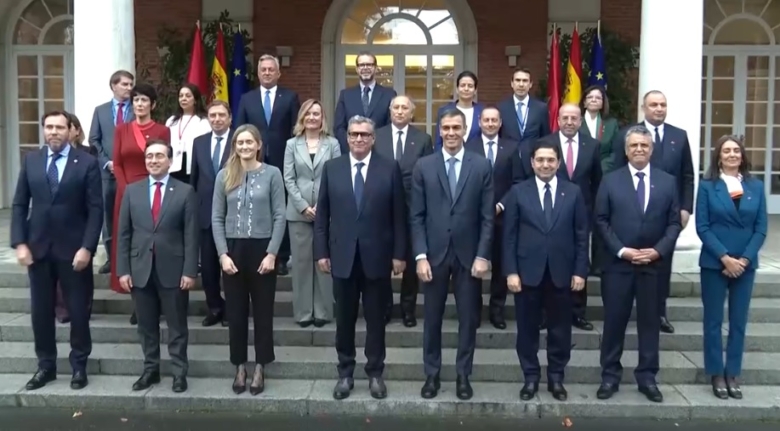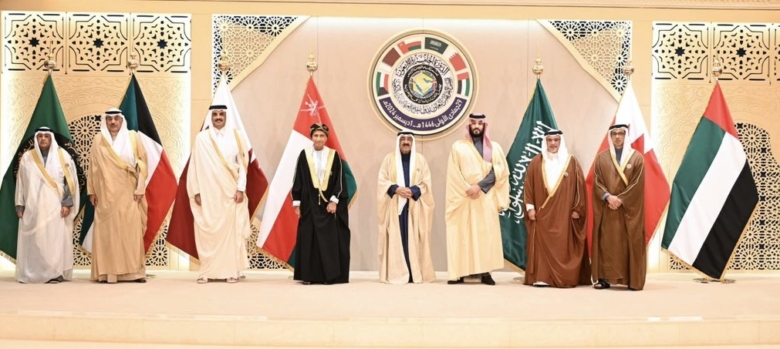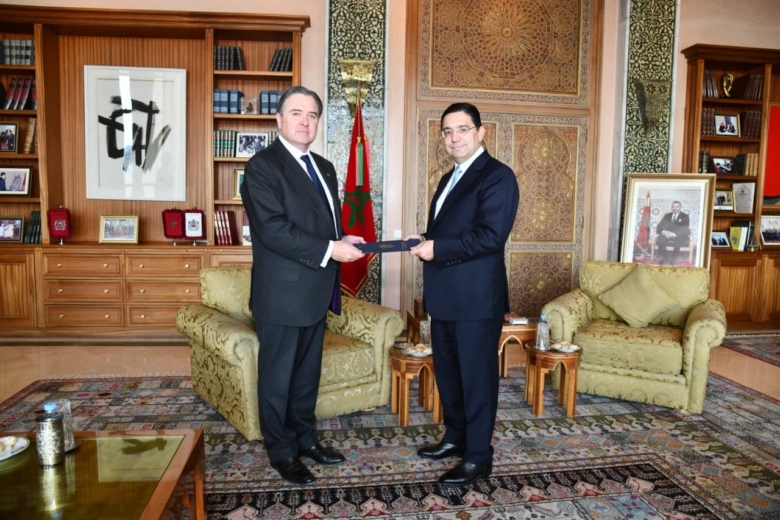The French magazine Jeune Afrique, known for its coverage of African affairs, reported that the Sahel region is witnessing diplomatic and political shifts that mark a decline in Algeria’s ability to play its traditional role as a mediator in the region’s crises, while Morocco continues to strengthen its presence through calculated steps and an integrated project that combines economics, religion, and security.
According to an analysis by its editor-in-chief, François Soudan, the Algerian President Abdelmadjid Tebboune announced last July his readiness to mediate between the Malian government and the Tuareg rebels in northern Mali. However, this initiative, Soudan noted, had no real chance of success and represented “a political posture” rather than a serious proposal.
Soudan explained that the Malian authorities, particularly under the military council’s rule, reject any foreign mediation in their internal affairs—especially from Algeria, which is accused of hosting prominent rebel leaders in addition to Imam Mahmoud Dicko, an influential figure in Mali’s political and religious landscape.
This rejection, the analysis argues, stems from a fundamental difference in approach: Algeria seeks to maintain a balanced relationship with the Malian Tuaregs to prevent the conflict from spilling over into its southern territories, which contain vital oil and gas installations.
Soudan’s analysis points out that Algeria’s waning influence in the Sahel is embodied in two clear setbacks: first, Mali’s official withdrawal in January 2024 from the Algiers Accord, signed in 2015 between the warring parties; and second, Niger’s rejection in October 2023 of Algeria’s proposal for a civilian political transition following the military coup.
In this context, the same source adds that Mali’s adoption of the “Charter for Peace,” overseen by former Prime Minister Ousmane Issoufi Maïga, was effectively the final declaration of the Algiers Accord’s demise—an agreement once considered Algeria’s most significant diplomatic achievement in the region.
Soudan believes that political shifts in Bamako and Niamey, alongside the rise of military regimes, have weakened Algeria’s traditional role as a neutral mediator. This has opened the door for other regional and international players to influence the scene—among them, Morocco stands out.
According to Jeune Afrique’s analytical report, Morocco emerges as a primary beneficiary of Algeria’s diminishing role, advancing with a “comprehensive influence project” that combines economic, religious, and security dimensions, built on a long-term vision.
This Moroccan approach, which Soudan describes as an “Atlantic strategy,” aims to connect the landlocked Sahel states to the Atlantic Ocean. While still largely at the announcement stage rather than full implementation, he says, it carries considerable geopolitical weight.
From an economic perspective, Soudan notes that Rabat sees the three members of the Sahel Alliance as a promising market, as well as a gateway to bolster its role as an intermediary between the alliance, Europe, and the Economic Community of West African States (ECOWAS).
Morocco is also working to enhance its presence through religious cooperation, capitalizing on its expertise in training imams and preachers, as well as its security and military partnerships, which reinforce its image as a trusted partner in the fight against terrorism.

